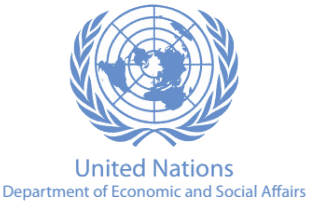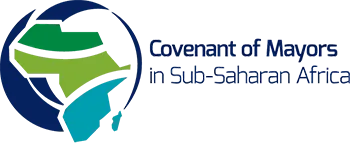Training Modules for Financing Projects
Objective
The overall objective of the six training modules is to provide project owners with basic background information orienting them on how to develop, structure, risk mitigate, and finance climate projects. A key focus is on using blended finance and credit enhancement techniques so that adequate finance can be mobilized, leveraging limited public funding.
Description
The first two training modules provide general information on finance options and project development. Four modules focus on specific sectors.
Module 1: Understanding Finance Options for Your Climate Actions
Module 2: How to Develop Your Climate Action Project to Access Finance
Module 3: Integrated Waste Management Projects
Module 4: Waste-Water Treatment & Reuse Projects
Module 5: Solar Projects (rooftop photovoltaic panels and solar water heaters)
Module 6: Public Lighting
Partners
Supported by the Covenant of Mayors in Sub-Saharan Africa, with support from GIZ and the European Union.


Invitation to Partner
GlobalDF invites interested parties to help refine training interventions for greater impact in achieving the SDGs and climate goals.
Details
Experts and investors worldwide agree that there is a lack of pipelines of “bankable” and “investable” projects, and that inadequate project preparation support and expertise are a main impediment to securing finance. Projects need to be developed, structured, and risk mitigated so that they can meet the requirements of both public and private providers of funding, leveraging the limited amount of available government funds.
The training modules developed by GlobalDF are designed to help governments (local and national) to understand the benefits of climate projects and how to facilitate and coordinate with other public and private stakeholders to successfully develop and finance climate projects through five focus areas:
1) Understanding of Benefits: Help local and national governments to identify the benefits of climate projects and their importance to delivering on citizen needs (Sustainable Development Goals, Climate Goals)
2) Understanding of Finance Challenges & Proven Solutions: Understand the many challenges and the proven solutions that can be factored into the design of climate projects to access finance, such as such as blending finance (own source revenues, tax intercepts, concessionary finance, on-lending, pooled finance, revenue bonds, etc.), pooled finance to increase ticket size, ownership options, project finance techniques (such as ringfencing of revenues), credit enhancements (such as debt escrow service accounts, partial credit guarantees, etc.)
3) Identification of Specific Finance Models & Key Actors: Explain investment requirements and roles of private sector (as developers, experts, investors, technology and service providers) and the public sector (national government, development partners)
4) Improving the Enabling Environment: Identify how local and national governments can facilitate improvements to the enabling environment to enable project identification, development, risk mitigation, finance, implementation, and operation
5) Peer-based Learning: Provide insights and momentum from referencing relevant successful projects from Africa and the rest of the world
Overall training Modules
Module 1: Understanding Finance Options for Your Climate Actions
Module 2: How to Develop Your Climate Action Project so It Can Access Finance
Sector-specific training modules
Module 3: Integrated Waste Management Projects
Module 4: Waste-Water Treatment & Reuse Projects
Module 5: Solar Projects (rooftop photovoltaic panels and solar water heaters)
Module 6: Public Lighting



